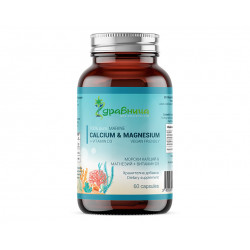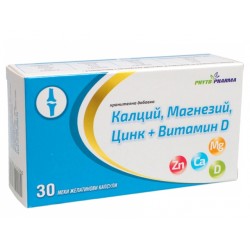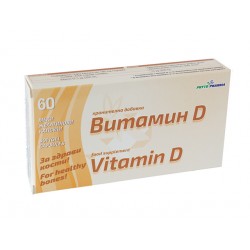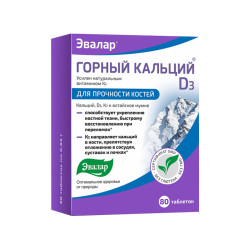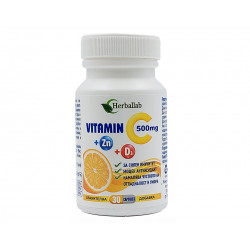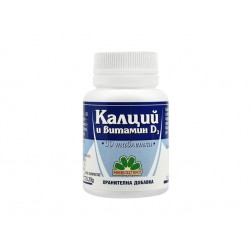Vitamin D is indispensable because it performs numerous physiological functions. The main amounts are provided to the body from the effects of sunlight (UV rays) in the form of cholesterol found in the skin. Nutrition has a smaller contribution because foods rich in vitamin D are scarce. These are mainly fatty fish (salmon, tuna, sardines, mackerel, etc.), as well as the fats obtained from it (eg the famous cod liver oil).
Vitamin D is a potent inhibitor of tumors. It can "order" the precancerous cells to "behave" normally again. Encourages the "suicide" of degenerate cells and stops their proliferation (increasing the number of cells in a tissue through their growth and proliferation).
It is also known that the vitamin has a strong anti-inflammatory effect. Several studies have confirmed its anti-cancer properties in humans. Scientific research emphasizes the role of vitamin D in the prevention of a large number of cancers (cancer of the breast, prostate, colon, gallbladder, esophagus, kidneys, rectum, stomach, uterus, ovaries, etc.). Another US study claims that women with high levels of the vitamin in their blood are at lower risk of breast cancer.
According to new research, people should consume 1,000 international units (UI) of vitamin D daily. Until recently, it was thought that we needed between 200 -600 UI.
About 90 percent of the useful vitamin is supplied by exposure to sunlight, even indirectly. When this is not possible, e.g. during the winter months or in people who live very high in the mountains, regular intake of vitamin D from food sources is highly recommended to achieve the same effect. It is known that pregnant women, nursing mothers, adults and children under 2 years of age, patients with gastrointestinal diseases, dialysis patients, seropositive and vegetarians, as well as people with pigmented skin suffer from its chronic deficiency.
In such cases, measures such as sun exposure, intake of vitamin D in the form of preparations and optimization of the diet are needed. It is believed that sun exposure from 15 minutes to 30 minutes a day for a month increases the level of vitamin D from 3 to 4 times.
However, some rules must be followed:
- Expose yourself to the sun every day, being careful not to burn yourself and do not use sunscreen.
- Start with sunbathing lasting no more than 5 minutes a day.
- Only expose your body to the sun while protecting your face.
Regarding nutrition, it is recommended to consume the following products: cod liver oil (1 tablespoon daily from October to March because sunlight is insufficient), oily fish (salmon, tuna, sardines, mackerel, herring, anchovies, trout, etc.) as it is present at the table 3 times a week. Keep in mind that fish is not cooked at a very high temperature, so as not to destroy their valuable omega-3 fats).
We need to know that dairy products, such as beef and lamb liver, incl. and eggs do not significantly contribute to increased vitamin D levels.




